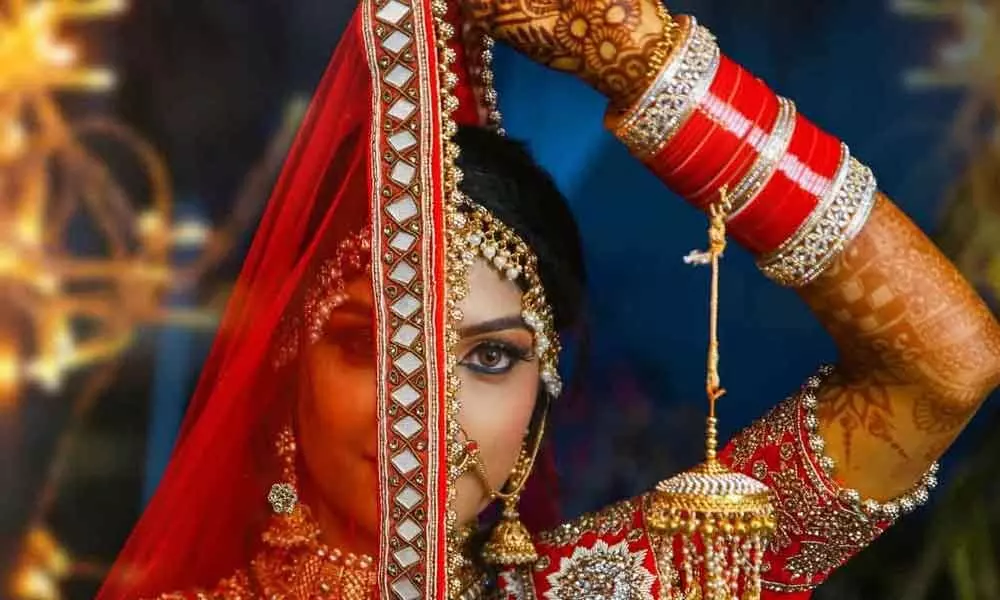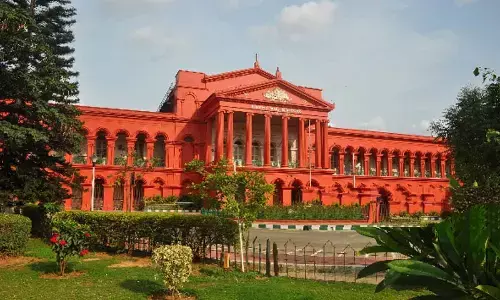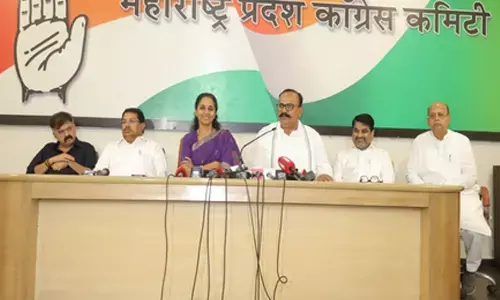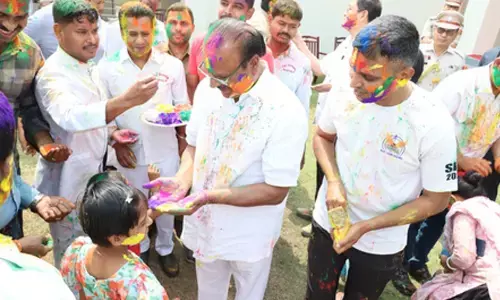Late but right decision

Marriage is a huge responsibility on both the spouses for which they should be physically, mentally, financially and emotionally willing. In such case, early marriage is a hindrance to women’s development
The recent ruling of the Central Government of India makes the minimum age of marriage 21 for women in India.
The long-awaited move benefits women in the areas of education, health and social development. The marriageable age was set at 18 in 1978 which is now four decades ago. Women across the country continue to be victims of domestic violence, dowry harassment and other social evils.
Increase in the marriage age gives women more time and scope to focus on education, personal growth and employment which in turn makes them independent. It is known that owing to the conservative norms, the burden of household work and childcare (which is unpaid) falls on women unfairly. Education and independence are crucial to create equal families where both the spouses earn and share household work. India has a declining participation of women in the labour force. This could apparently be due to the higher share of efforts in the marriage expected to be put by women alone. Marriage is supposed to be a union of two people and lead to their joint growth. However, the social scenario today speaks otherwise.
UNICEF reports that 1.5 million girls in India are married off before 18 years of age. This emanates from the importance given to a girl's marriage in India over everything else. Women married young are most likely to lose their chances of knowledge and exposure to the world, making them more vulnerable to violence. A woman is considered a burden on her maiden family that can be transferred to another by marrying her off. Families do not hesitate to pay hefty dowries despite it being illegal, only so that their daughter stays married.
Gender equality isn't a one-off move. To eliminate the deep-rooted gender bias, change needs to be brought in all aspects of women's lives. While the government and NGOs are taking enough measures for women's education and skill development, the affect of marriage on women's lives cannot be ignored. Marriage is a huge responsibility on both the spouses for which they should be physically, mentally, financially and emotionally willing. In such case, early marriage is a hindrance to women's development.
A simpler way to explain this would be the past difference between the minimum age of marriage for women and men – 18 and 21. There can be no reason for women to marry earlier than their male counterparts. Another important aspect to be discussed in this context is women's health. Teenage pregnancies end up in infant and/or morality rate or ill-health. Adolescence is a phase where people of both genders undergo many changes in their physical and mental self. To have a kid or two raise, at an age when the girl herself is growing, is not only harmful but also regressive. At a time when we talk about giving more opportunities to women, early and uninformed motherhood only shuts doors for them.
Along with legal amendments, executive changes should be brought. Child marriage is a gross violation of human rights. It can be nipped in the bud through awareness, education and strict action against violation of law. but a right decision.
(The writer is Assistant Professor, Commerce, AMS Arts & Science College for Women, Hyderabad.)









